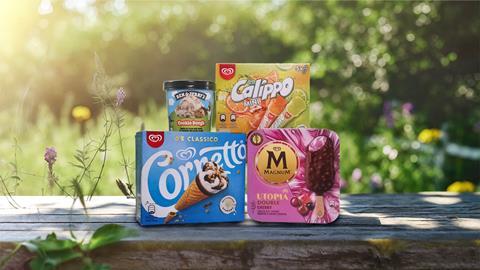
The Magnum Ice Cream Company (TMICC) has unveiled details of a £50m upgrade programme to boost capacity at its Gloucester factory by 25%, as the soon-independent company targets volume-led growth.
Magnum’s Gloucester site, one of the largest ice cream factories in Europe, currently produces around 600 million units per year, with about 80% of products made sold in the UK and Ireland.
The latest investment will boost production to around 750 million units a year by 2027, and lay the foundations for growth as TMICC separates from Unilever in December 2025.
TMICC CEO Peter ter Kulve said the investment was a “key milestone” in the company’s €350m-€380m (£304m-£334m) supply chain transformation programme.
”Our investment is a clear signal of our long-term commitment to the UK and will not only boost productivity and support growth but also ensure the site remains a centre of excellence for innovation, quality, and sustainability as we enter our next chapter,” he added.
Gloucester’s £50m programme has already seen the installation of a new Cornetto line in early 2025, and has just completed a new Twister line. Over the coming two years, a further Solero line will be added alongside major upgrades to the plant’s mixing capabilities. The full tranche of upgrades, it is estimated, will reduce power consumption by 5% and reduce food waste by 20%.
But the factory’s significant boost to capacity is its major attraction to TMICC UKI general manager Jamie Farrell, who told The Grocer TMICC would be chasing volume thanks to a global push for growth at the newly independent company.
Throwing its weight behind all of its brands – not just the “disproportionately” well-invested Magnum and Ben & Jerry’s brands – will help TMICC achieve the serious volume growth it is looking for, added Farrell.
“We’re now an ice cream company, not a premium ice cream company,” he said.
“That means creating demand by providing ice cream solutions for every single occasion we can spot.”
Hence Magnum’s foray into snacking with 2023’s release of Magnum Bonbons. Snacking is a subcategory that has “barely got going – but will be a huge focus”, according to Farrell. But the company may not restrict itself to just innovating in snacking.
“This time next year, there will be anywhere from two to five equivalent, new, exciting things that will have landed in the market,” he said.
“We feel we’ve really barely scratched the surface, in terms of generating and then fulfilling demand.”
Post-separation, the company will also benefit from a sales force newly dedicated to selling just ice cream, rather than Unilever’s large catalogue of consumer products.
“One of the things that is different in the new company,” Farrell added, “is we have a greater freedom to operate locally, and it’s a more entrepreneurial culture being fostered: obviously it takes time [to create that], but my team and I have genuine freedom to go out in the UK and Ireland, look for opportunities, and fill up those factories.”







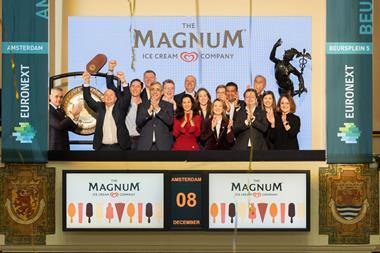
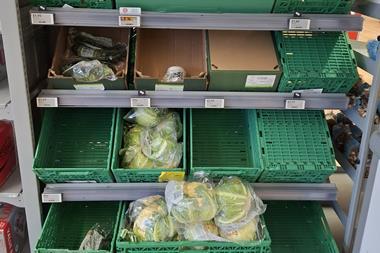

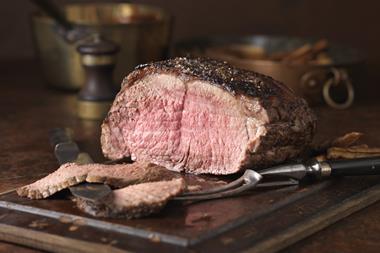
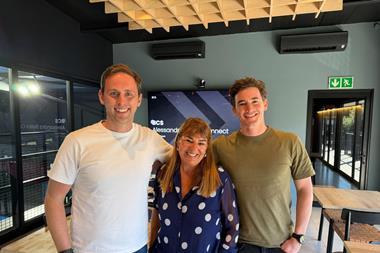
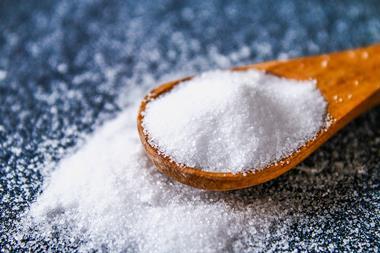

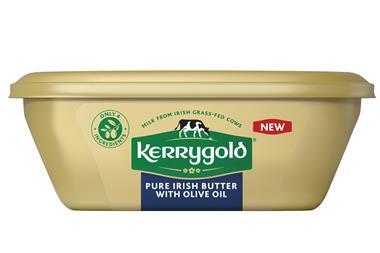

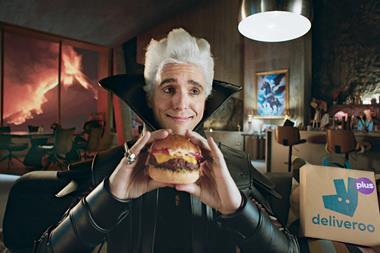


No comments yet